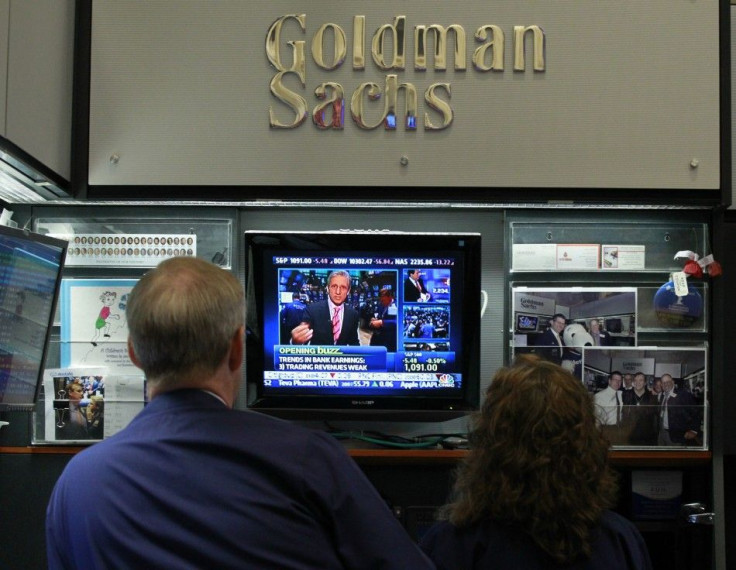Greg Smith's Goldman Sachs Resignation Letter: Why Did It Go Viral?

Greg Smith's very public resignation from Goldman Sachs, which appeared on the Opinion page of the New York Times yesterday, mesmerized us all for the blunt way Smith scolded the firm on his way out the door.
In the resignation, titled "Why I Am Leaving Goldman Sachs," in which Smith writes of Goldman employees who gloat about screwing their "muppet" customers and how client gains are second fiddle to the value of the company, became an Internet sensation and gave birth to parodies such as Darth Vader's "Why I'm Leaving The Empire."
While most of have no inside knowledge of the workings of Goldman as Smith, who left his post as executive director and head of Goldman's U.S. equity business for Europe, the Middle East and Africa, we've assumed the culture he describes has always been pervasive on Wall Street.
If that's the case, why did Greg Smith's resignation letter go viral the Internet?
"It really sort of hit a nerve," said Jennifer Chatman, professor at the University of California, Berkeley's Haas School of Business, who prefaced her remarks by saying she cannot vouch for Smith's assertions. "The Wall Street firms have been viewed in a harsher light since the housing crisis. This simply confirms the suspicions that many have had since 2008."
Had Smith just been a low-level Goldman employee, the letter would not have had the same validity and we may not have cared as much as we did, Chatman hypothesizes.
"The problem is he's a senior guy, he has credibility," she said. "It's not like a lunatic leaving the place in flames. I don't think he was on a hit list. I think he meant what he said. He had nothing to gain by doing this. My read of it is he was who he said he was."
For those of us like Smith who leave a company because our ideals don't mesh with its vision, his seething resignation letter plays to our desires, a la Tom Cruise's "Who's Coming With Me?" scene in "Jerry Maguire" or Steve Slater, the JetBlue flight attendant who didn't bother with a resignation letter and just opened the emergency door while his plane was taxiing at Kennedy Airport and slid out of the aircraft.
"Everyone kind of has a fantasy about, 'Well, I'll tell them," Chatman said.
Jeffrey Pfeffer, professor at the Stanford Graduate School of Business and author of "Power: Why Some People Have It - And Others Don't," said Smith's boldness - using the New York Times as his platform to resign - and inside knowledge made us react with shock.
"It's like the emperor with no clothes," Pfeffer said. "Few people are willing to say it."
But Pfeffer said he expected the reaction to Smith's resignation letter to be more muted.
"This is like telling you that the sun is going to rise in the East tomorrow," Pfeffer said of Smith's description of the goings-on at Goldman. "People are still angry about how the world is but it's certainly not news that this is how the world operates."
The culture Smith says exists at Goldman is not just confined to the investment bank or even Wall Street, but other American industries as well, Pfeffer said, from car companies with faulty engines to airlines that put profits over customer satisfaction.
And on our outrage scale, the culture at Goldman should not be at the top of our list, Pfeffer said.
"Food purveyors sell tainted food," he said. "People are dying from tainted food. Nobody died from what Goldman Sachs did, as far I can tell."
© Copyright IBTimes 2024. All rights reserved.




















